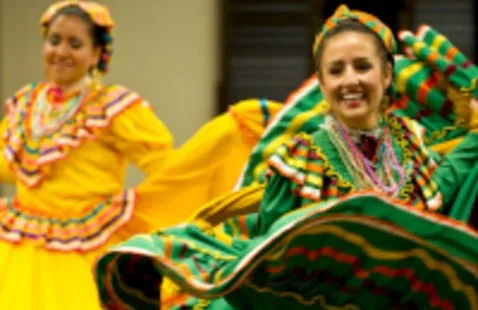What is Latinx?
September 15th to October 15th marks a special time for our Hispanic American community. It’s a month of recognition for the contributions that the Latinx community has made. These achievements are indisputable, but the voice of concern lies in the name. What is Latinx? Latino, Latina, Hispanic, Chicano, Mestizo, and various other words have been used as umbrella terms to describe those of Hispanic/Latino appearance. So why has Latinx become the term on the rise?
The reality is that we exist in an increasingly progressive society. People of Latino descent come from many ethnicities and backgrounds, and many of them don’t identify with being solely Hispanic, Latino, or indigenous. There are many definitions; but most people associate being Hispanic with being of Spanish origin and Latino with having ties to Latin American countries. Many people fall into both categories and others into just one. It’s easy to get lost when navigating exactly what you are, especially when Latinx people come in so many different races and grow up in so many different cultures.
Another important note is the issue of gender. Latino, a masculine term, and Latina, a feminine term, are lacking in their inclusivity. The term Latinx became coined early in the 2000s and has since become an umbrella term that more comfortably encompasses the diverse community. It is gender neutral, so that those of any identity can embrace all aspects of who they are without worrying about semantics.
Latinx is becoming an increasingly popular term with the younger generation and yet there is still much discourse about it. The truth is that many Hispanic and Latino communities remain very traditional. For a long time, there has been a standing issue of machismo (a form of hypermasculinity) and stigma surrounding mental health and self identity. The idea of changing from Hispanic to Latinx is ridiculous to many and seems unnecessary. The Pew Research Center’s study says, “The term is not well known among the population it is meant to describe. Only 23% of U.S. adults who self-identify as Hispanic or Latino have heard of the term Latinx, and just 3% say they use it to describe themselves, according to a 2019 survey.” So, the term Latinx has difficulty in becoming popular within the community it represents.
Nonetheless, it is a term that harms no one, while being inclusive, and provides a comfortable way of self identifying. We as a community are changing. Nonbinary people, transgender people, and people of various other pronouns and identities have always existed. They are not some new invention. They just never had the safe space to be who they were. Now, it is still a dangerous world, but at least it is changing. Despite what others may think, words mean a lot to people who have been pushed aside for so long. No one is enforcing its use, if it is not how a person wishes to identify then that is fine. But it is still a harmless term with new emerging popularity.
Here at Pacific, we’ve embraced the Latinx community. There has been a series of empowering, informative, and fun events held throughout this month in support of the various Latinx communities present at our university. Resources are always present, events always held, and there is always a continuously growing body of students united by their beautiful identities.

